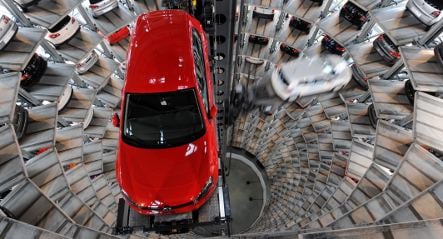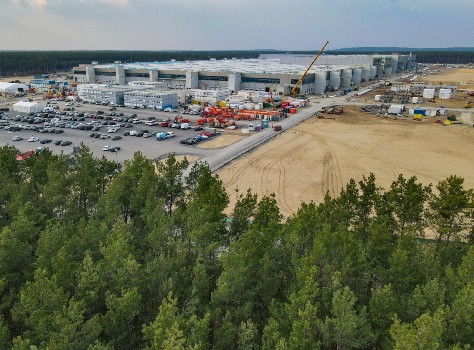Some 22 percent of those who answered the poll cited the Wolfsburg-based carmaker as their favourite German company, displacing rival auto manufacturer Daimler, which topped the list for the previous two years.
Daimler, which makes Mercedes cars, came in second place with 15 percent in the poll conducted last week across the country.
“Volkswagen has become an all-German brand,” Professor and PwC board member Norbert Winkeljohann said in a statement. “Among high school graduates and university alumni, Volkswagen is absolutely without competition. Thirty-two percent of entries from this target group show that the company is best positioned for the future.”
Meanwhile manufacturing conglomerate Siemens remained in third place for another year with 11 percent of the vote, followed closely by carmaker BMW. Audi, Opel and Porsche filled five through seven, respectively.
Despite the financial crisis, poll results don’t show reduced trust in German companies. In 2008, some 72 percent said they had lost trust in German companies. But only 65 percent of the 1,003 participants had the same sentiment for 2009. The most critical participants were Berlin residents and 30 to 39-year-olds, who suffered from what the statement called a “crisis of trust.”
The study also asked participants to rate foreign companies, with Microsoft taking the lead. The US software company was followed by Sony, Toyota, Nokia and newcomers Samsung, Apple, and Phillips. Old favourites Ikea, CocaCola, and Honda slipped out of the top 10, the report conducted by social researcher Emnid on behalf of PwC said.



 Please whitelist us to continue reading.
Please whitelist us to continue reading.
Member comments